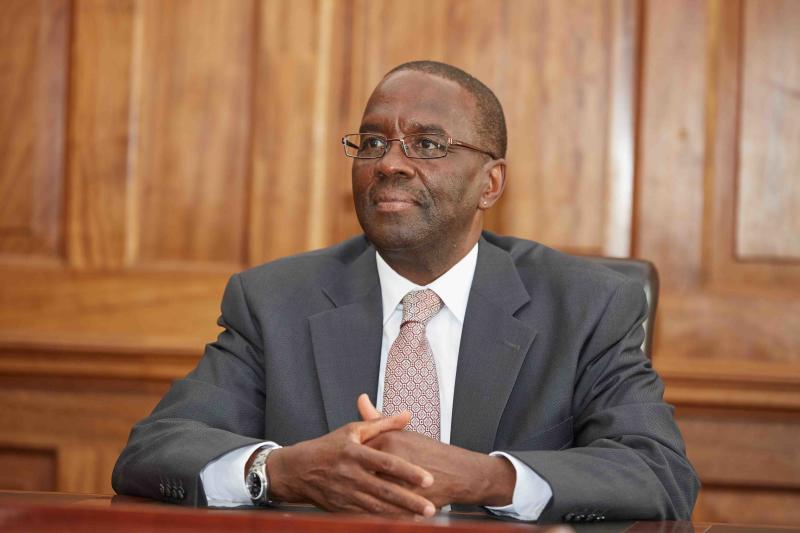×
The Standard e-Paper
Kenya’s Boldest Voice

If the President has discovered that he has money out there, he should bring it back.” This is former Chief Justice Willy Mutunga’s response when I ask him about the recently leaked Pandora Papers’ leak.
He quickly adds: “In the same way those people who don’t pay taxes should be made to pay taxes.”